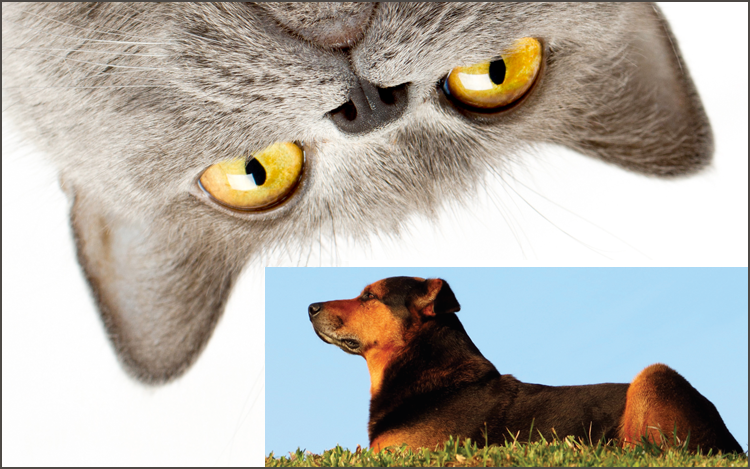DOGS OFTEN ARE referred to as man’s best friend. Most are known to be loyal, loving, and friendly. Though these pets can bring smiles to many faces, it is also important to protect yourself from the potential consequence of dog ownership — dog bites. Though most dogs don’t intend to be harmful, they are still animals with unpredictable behaviors. The following are some simple tips to reduce the chance you or someone you love may be bitten:
- Be respectful to the dog’s personal space, when eating, sleeping, and/or chewing on a toy or bone.
- Never pet or approach an unfamiliar dog. You could be seen as an intruder or a threat.
- When you approach a dog, allow him to sniff you first before attempting to pet him or her.
- Never pet a dog behind a fence. Dogs can be protective of their homes and loved ones.
Just as preventing a dog bite is important, so is knowing how to treat a bite wound of a dog, or any animal, in the event it does happen. The following are some health reminders to stop infection and diseases from spreading if a person is bit:
- Immediately wash the wound thoroughly with warm soapy water.
- Apply antibiotic ointment and a sterile bandage to the wound.
- Keep the wound clean and out of reach of other possible infection.
- Seek medical attention immediately.
Dogs are not the only animals that can bite; cats, raccoons, foxes, and even bats can pose a biting risk. It is very important to remain cautious around unfamiliar or wild animals due to the possibility of exposure to rabies. Rabies is a potentially fatal disease. It is important not to handle stray or wild animals, to be aware of unusual animal behavior, and to keep pets vaccinated against rabies. Rabies is transmitted through exposure to the saliva or nerve tissue from a rabid animal through a bite, scratch, or contact with mucous membranes, such as the eyes, nose, or mouth. Vaccination is the only known effective treatment for rabies in humans.
The following are some ways people can protect themselves and their pet against rabies:
- Keep rabies vaccinations up to date for all pets.
- Spay or neuter your pets to help reduce the number of unwanted pets.
- Never adopt wild animals or bring them into your home.
- Teach children to never handle unfamiliar animals, wild or domestic, even if they appear friendly.
By following these steps, you can keep enjoying your four-legged friends while being cautious of the unexpected. For more information about rabies, visit the Florida Department of Health website at www.floridahealth.gov/diseases-and-conditions/rabies/index.html.
CREDIT
article by by DR. ULYEE CHOE
ABOUT THE AUTHOR: Dr. Ulyee Choe, an infectious disease physician, serves the community as director of the Florida Department of Health in Polk County (FDOH-Polk) and as a Polk County Medical Association member. For more information about FDOH-Polk, visit www.mypolkhealth.net.
